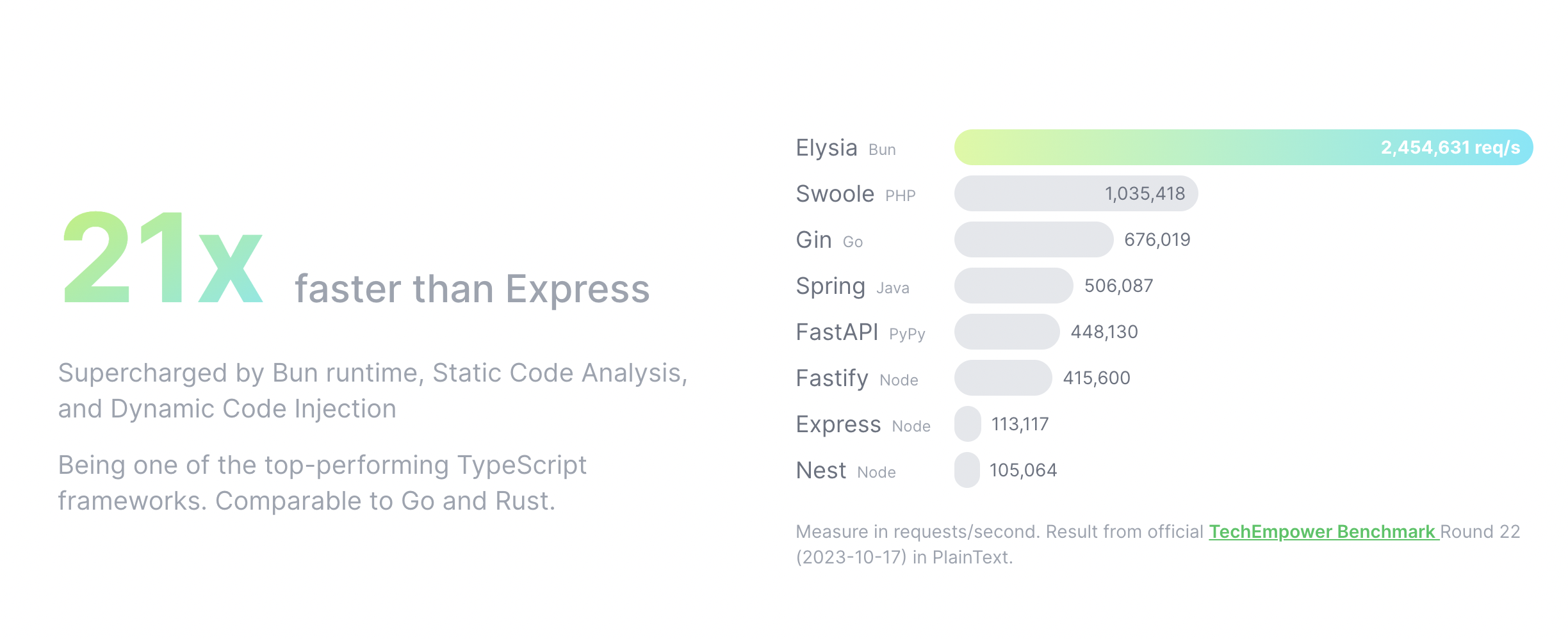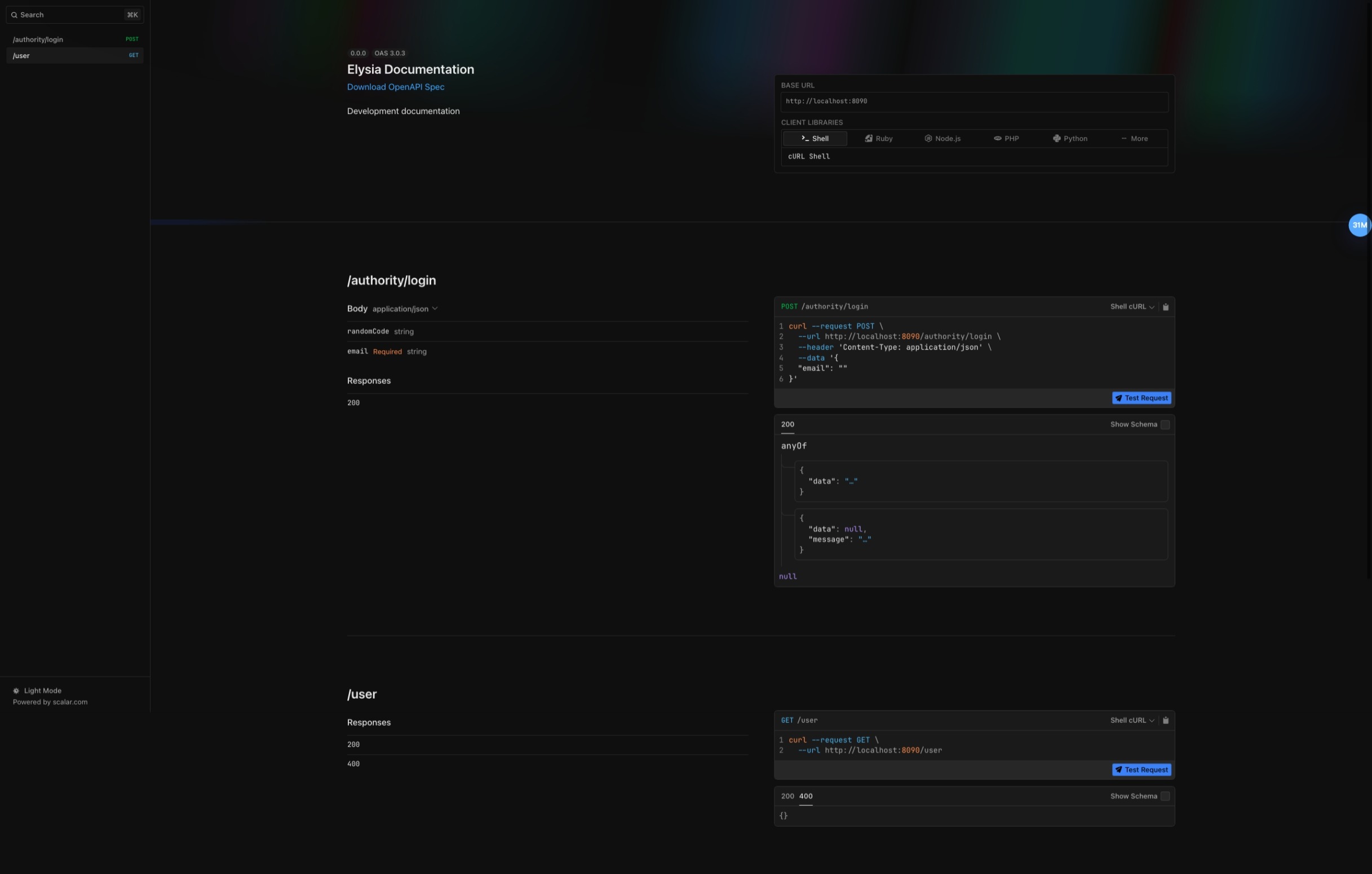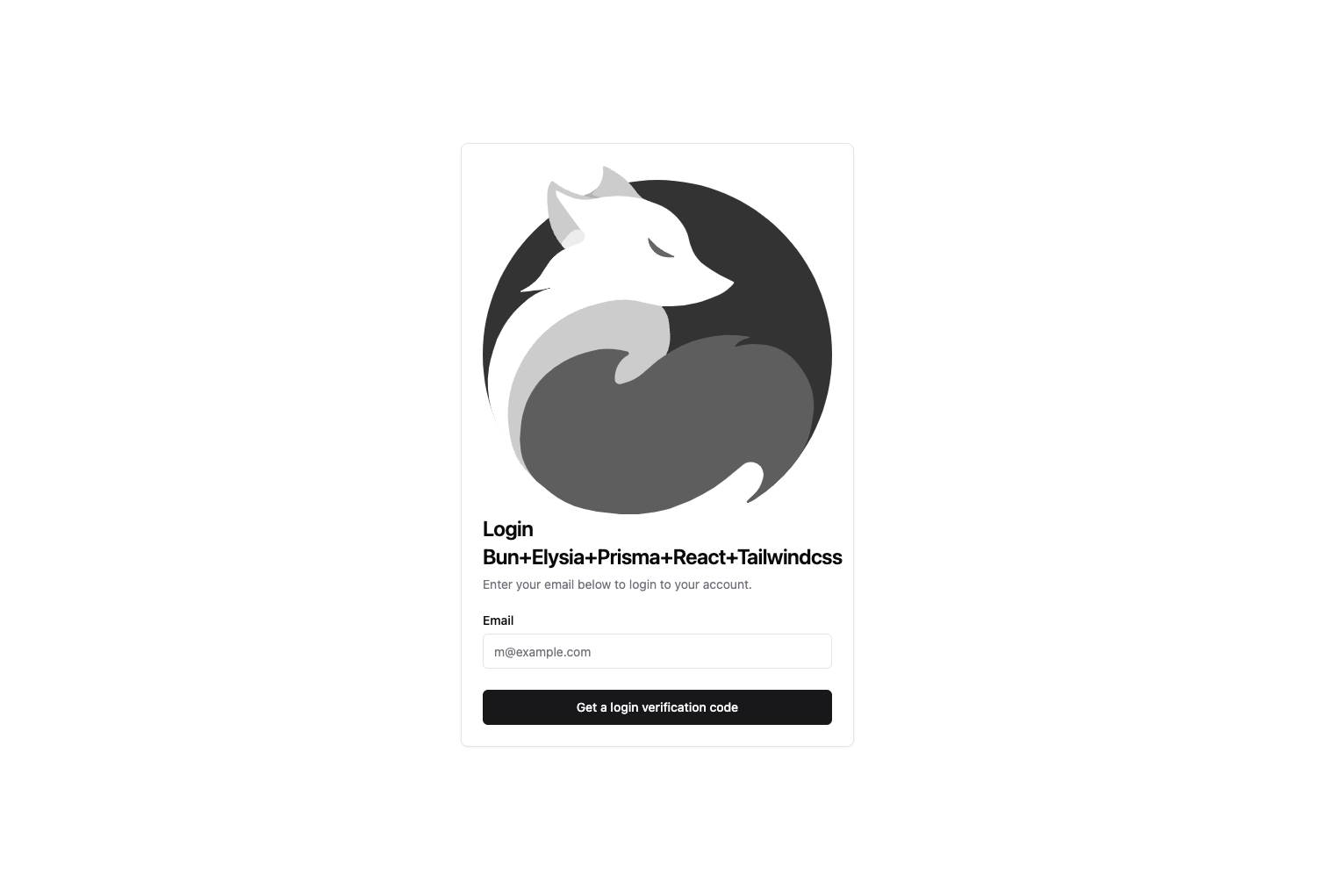Building on Bun and extensive optimization like Static Code Analysis allows Elysia to generate optimized code on the fly.
Elysia can outperform most of the web frameworks available today[1], and even match the performance of Golang and Rust framework[2].
| Framework | Runtime | Average | Plain Text | Dynamic Parameters | JSON Body |
|---|---|---|---|---|---|
| bun | bun | 262,660.433 | 326,375.76 | 237,083.18 | 224,522.36 |
| elysia | bun | 255,574.717 | 313,073.64 | 241,891.57 | 211,758.94 |
| hyper-express | node | 234,395.837 | 311,775.43 | 249,675 | 141,737.08 |
| hono | bun | 203,937.883 | 239,229.82 | 201,663.43 | 170,920.4 |
| h3 | node | 96,515.027 | 114,971.87 | 87,935.94 | 86,637.27 |
| oak | deno | 46,569.853 | 55,174.24 | 48,260.36 | 36,274.96 |
| fastify | bun | 65,897.043 | 92,856.71 | 81,604.66 | 23,229.76 |
| fastify | node | 60,322.413 | 71,150.57 | 62,060.26 | 47,756.41 |
| koa | node | 39,594.14 | 46,219.64 | 40,961.72 | 31,601.06 |
| express | bun | 29,715.537 | 39,455.46 | 34,700.85 | 14,990.3 |
| express | node | 15,913.153 | 17,736.92 | 17,128.7 | 12,873.84 |
-
Bun workspaces
Project structure
. ├── package.json ├── node_modules └── packages ├── frontend │ └── package.json └── backend └── package.jsonConfiguration is required for Workspace to take effect
{ "name": "fullstack-for-bun-api", "version": "1.0.50", "workspaces": ["packages/*"], "trustedDependencies": ["@prisma/client", "@prisma/engines", "prisma"], "scripts": { "dev": "bun --filter '*' dev", "build": "bun --filter '*' build", "lint": "bun --filter '*' lint", "frontend": "bun run --filter frontend", "backend": "bun run --filter bun-api", "prisma:new": "bun backend prisma:new", "prisma:pull": "bun backend prisma:pull", "prisma:push": "bun backend prisma:push" }, "dependencies": {}, "devDependencies": { "prettier": "^3.2.5" } } -
Backend
import { Elysia } from 'elysia' // import { tracerFn } from './record' import { cors } from '@elysiajs/cors' import { swagger } from '@elysiajs/swagger' import { authorityService, userService } from './services' const app = new Elysia() .use(cors({ origin: 'localhost:5173' })) .use(swagger()) .use(authorityService) .use(userService) app.listen(8090) export type App = typeof app
-
Frontend
lib/server.ts
import { treaty } from '@elysiajs/eden' // "bun-api" form workspace 'bun-api' ,that is your backend project. import type { App } from 'bun-api' const server = treaty<App>('localhost:8090', { headers: [() => ({ authorization: `Bearer ${localStorage.getItem('token')}` })], }) export default server // whole type for client request.
Use
import server from '@/lib/server' // in react const login = useCallback(async () => { if (verificationCode) { const { data, error } = await server.authority.login.post({ email: email, randomCode: verificationCode }) if (!error) { localStorage.setItem('token', data) console.log('Login successful!') location.reload() } else { console.log(`Login failed with the error message is ${error.value}.`) } } else { console.log('Please enter a verification code!') } }, [verificationCode, email])
To start the development server run:
docker-compose up -d
bun run prisma:pushbun run devbun run docker:deployor
docker-compose -f docker-compose-deploy.yml up -d --buildOpen http://localhost:5173/ with your browser to see the frontend project.
Open http://localhost:8090/ with your browser to see the backend project.
Open http://localhost:8090/swagger with your browser to see the swagger.


